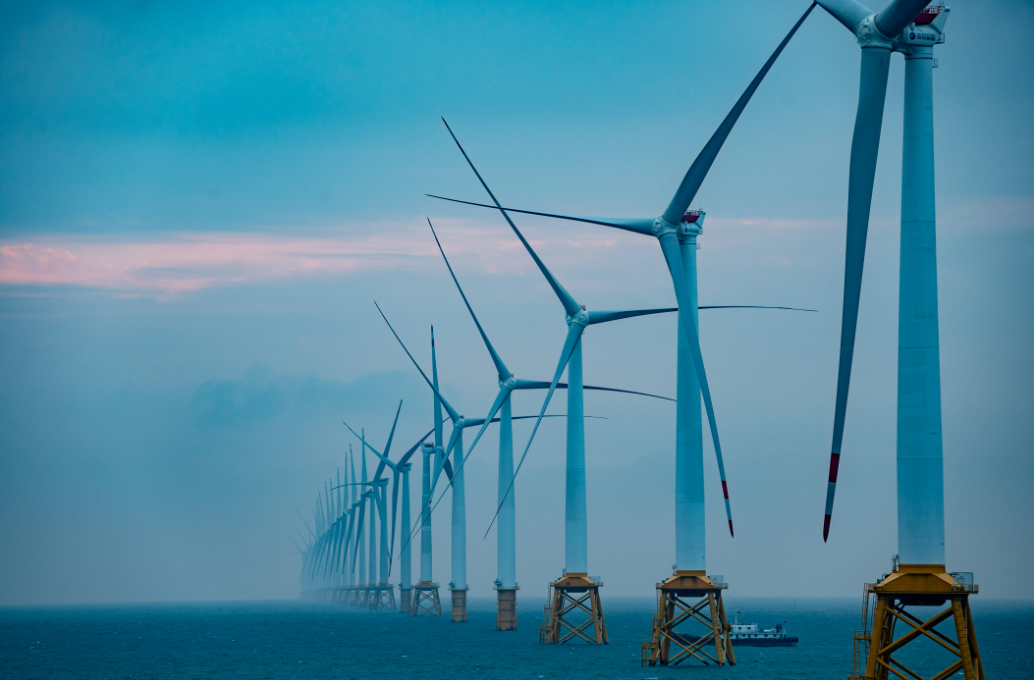The bill would help the New England state meet Governor Janet Mills' proposed goal for a decarbonized power grid by 2040 and provide a substantial boost to nascent floating wind turbine technology required in the deep waters of the Gulf of Maine.
Mills is expected to sign the bill into law, her office said, after vetoing an earlier version last month because of concerns that its labor provisions would have excluded Maine's non-union construction workforce. President Joe Biden's administration has encouraged offshore wind developers to use union labor.
Maine's new bill contains standards developers must meet for compensation and requires them to prioritize hiring Maine residents, according to the text of the legislation.
"The Governor looks forward to signing this bill into law and advancing offshore wind’s promise of good-paying jobs and economic investment for Maine,” Dan Burgess, director of the Governor's Energy Office, said in a statement.
Once signed, the bill would require the state's Public Utilities Commission to issue its first request for contract proposals by January 2026. The Biden administration is identifying areas for offshore wind leasing in the Gulf of Maine and has a goal of holding a wind rights auction in 2024.
Wind turbines that float on the ocean's surface, an emerging technology, would be necessary for projects in the Gulf of Maine because the depth of the water precludes the use of standard, fixed equipment. By 2035, the United States aims to have 15 GW of floating offshore wind capacity along its coastlines in places including California, Oregon and Maine.
"Once signed into law, this bill will allow Maine and the broader U.S. to become leaders in floating offshore wind technology," Carol Oldham, northeast director for Business Network for Offshore Wind, a nonprofit advocacy group, said in a statement.
The bill also includes protections for the state's lobster fishing industry. It would bar development in Lobster Management Area 1, a fishing ground close to shore that stretches the full length of the state's coastline, and require industry representation on a state advisory board.





